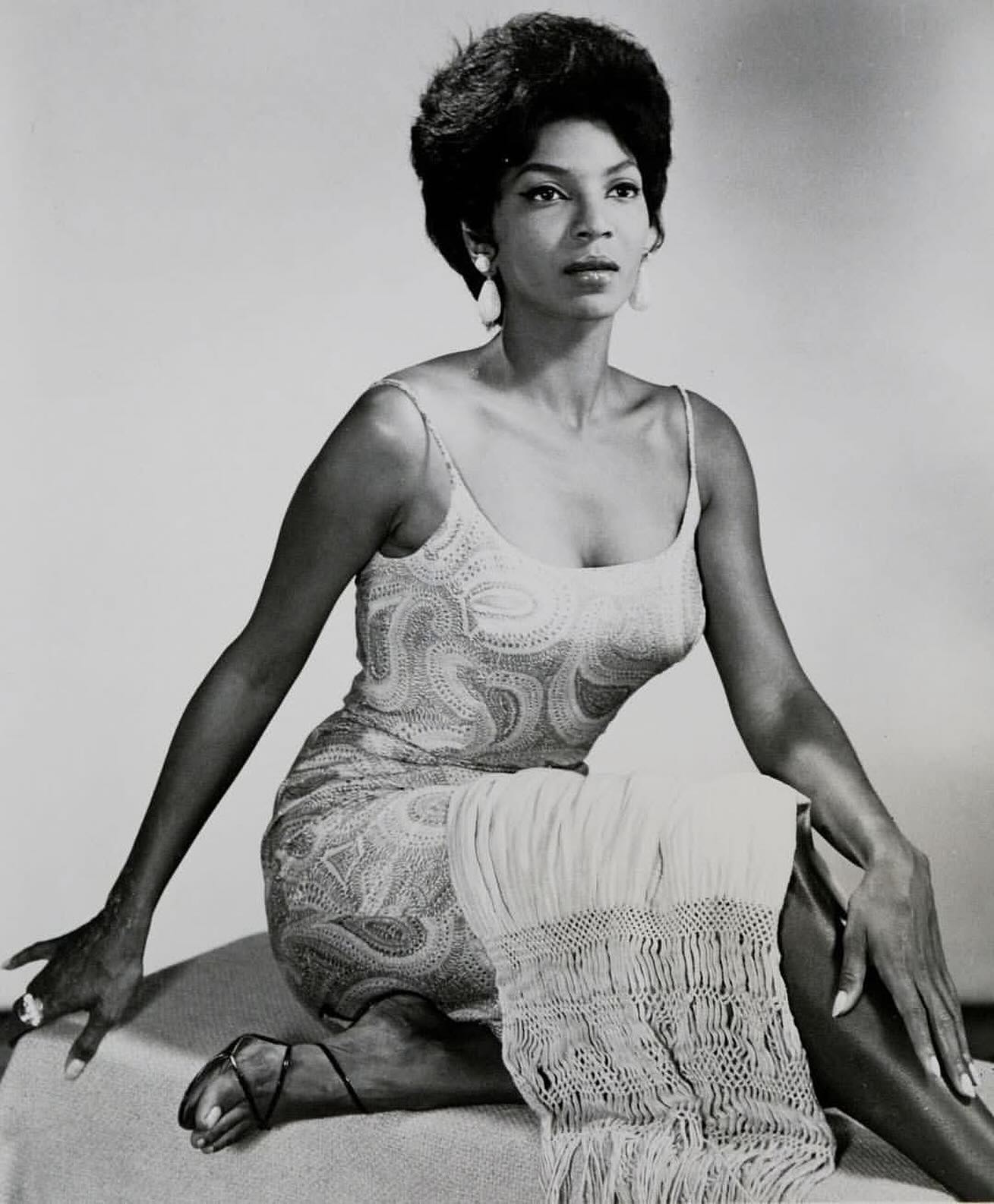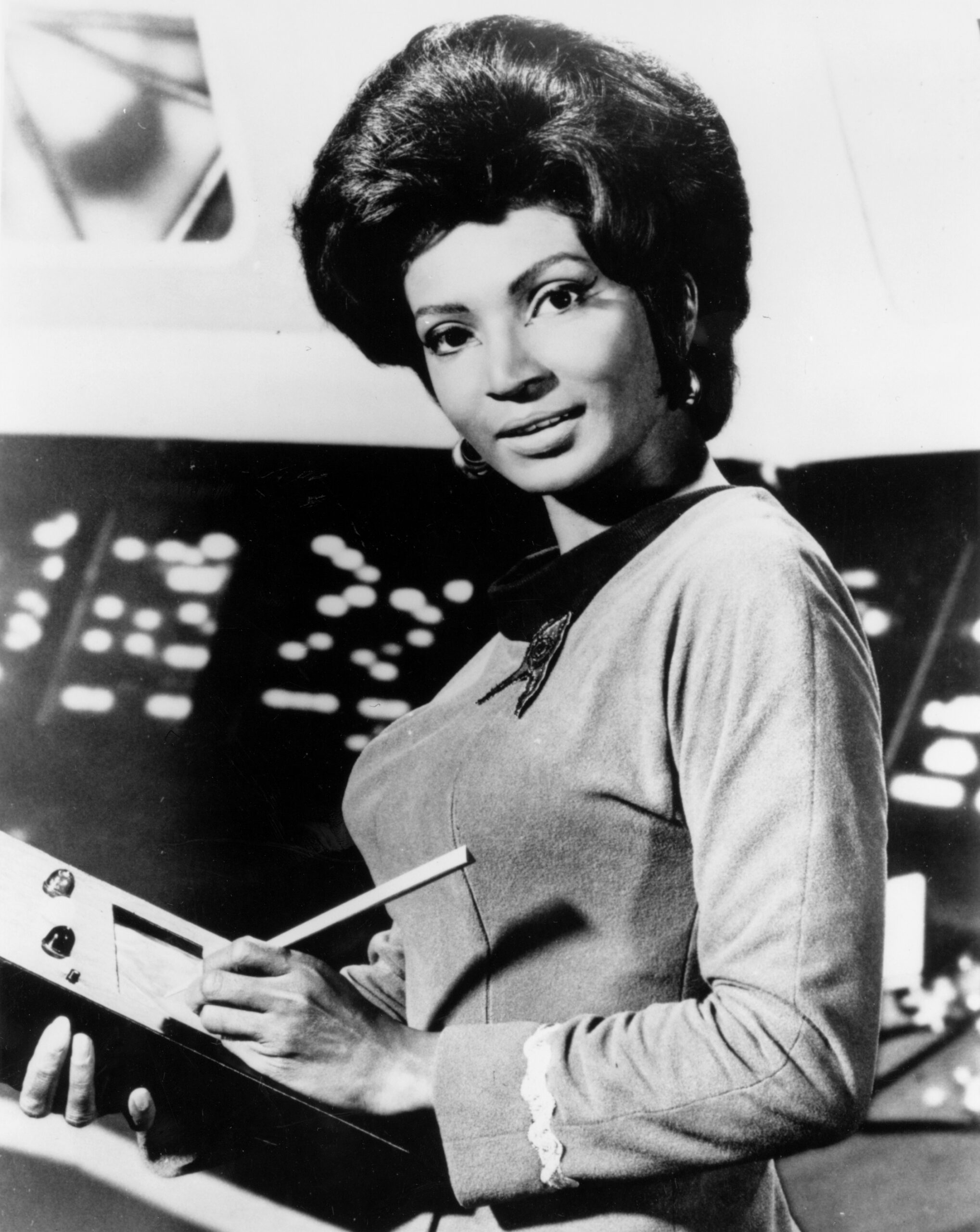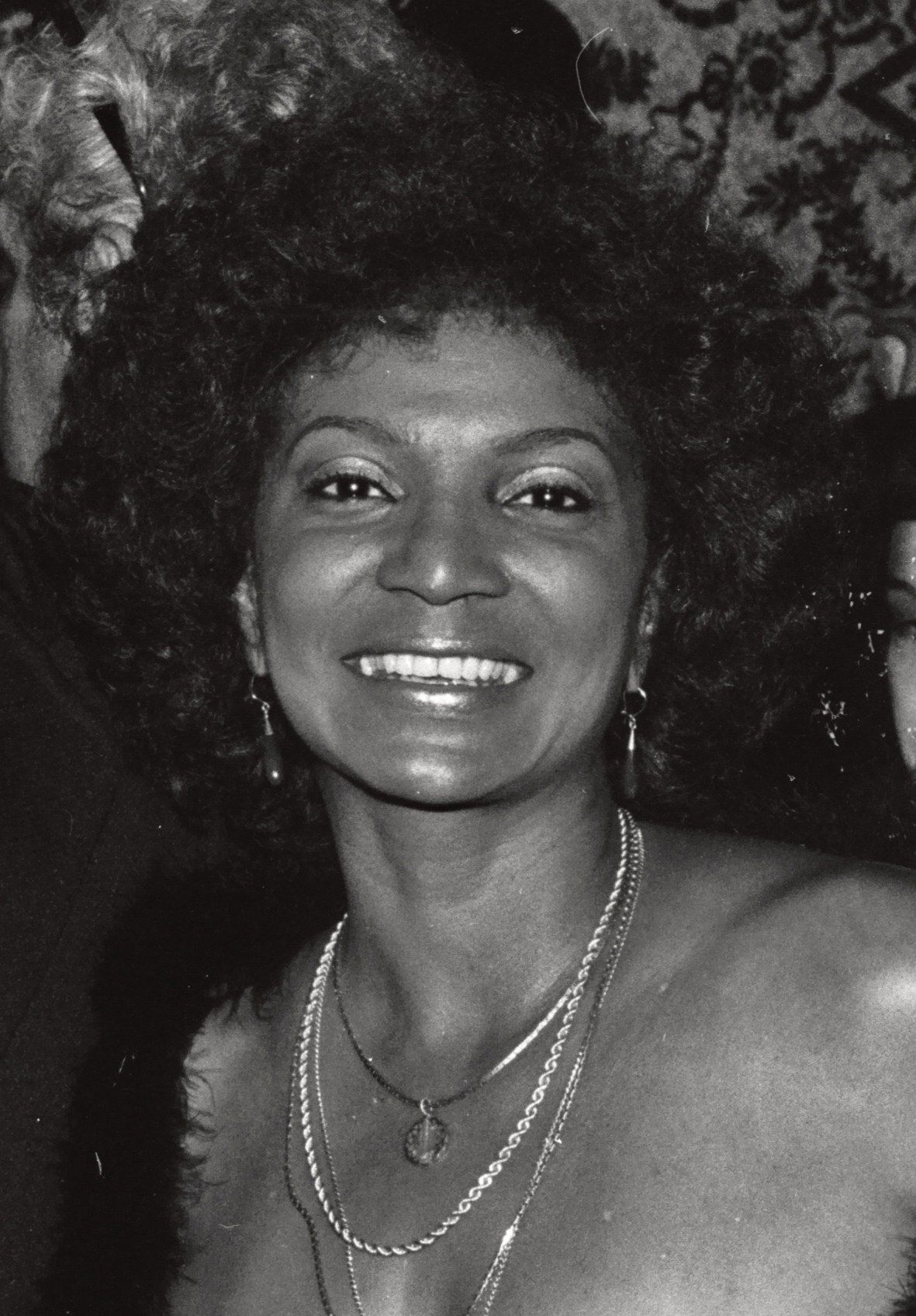Nichelle Nichols’s portrayal of Lt. Uhura in “Star Trek” transcended the boundaries of entertainment, becoming a pivotal moment in television history and a powerful symbol of representation. Her journey, from a young dance prodigy to a groundbreaking actress, highlights the transformative impact of visibility in shaping societal perceptions and inspiring future generations.
From Stage to Screen: The Genesis of a Trailblazer
Before her iconic role as Lt. Uhura, Nichelle Nichols demonstrated a remarkable range of talent.
- Early Artistic Prowess:
- By the age of seven, her ballet skills were already captivating audiences, earning her the nickname “Nichelle.”
- As a teenager, she toured as a singer with jazz legends Duke Ellington and Lionel Hampton, showcasing her vocal abilities.
- Hollywood’s Early Encounters:
- She landed a role in the 1959 film adaptation of “Porgy & Bess,” alongside Sidney Poitier and Dorothy Dandridge, marking her entry into the film industry.
- Her appearance in a racially charged episode of “The Lieutenant” in the early 1960s brought her into contact with Gene Roddenberry, predating their “Star Trek” collaboration.
- The Dawn of Uhura:
- When “Star Trek” premiered in 1966, Nichols assumed the groundbreaking role of Lt. Uhura, the Enterprise’s communications officer.
- While often credited as the first Black woman in a non-servile television role, Cicely Tyson’s portrayal in “East Side/West Side” (1963-64) preceded her, though Nichols’s role reached a far wider audience.
Navigating Racial Barriers and Industry Resistance
Nichols’s journey was not without its challenges, as she faced systemic racism within the entertainment industry.
- Network Resistance:
- The network displayed unease about a Black woman in a position of authority, reportedly withholding fan mail and attempting to minimize her role.
- Unlike her white co-stars, Nichols initially worked on a week-to-week basis, lacking a stable contract.
- Frustration and Near Departure:
- Frustrated by limited screen time and feeling relegated to a “glorified telephone operator,” Nichols considered leaving the show during its first season.
- Dr. King’s Intervention:
- A chance encounter with Dr. Martin Luther King Jr. at a civil rights event proved pivotal.
- Dr. King, a devoted “Star Trek” fan, emphasized the significance of her role in presenting a positive, non-stereotypical image of Black people.
- His encouragement convinced Nichols to stay, recognizing the power of her presence on screen.
The Enduring Impact of Representation
Nichols’s portrayal of Lt. Uhura had a profound impact on viewers and future generations.
- Inspiration for Future Generations:
- Her role provided a powerful role model, particularly for Black viewers, demonstrating the potential for inclusion and achievement.
- She inspired women and minorities to pursue careers in STEM fields, including at NASA, where she played a significant role in recruitment efforts.
- Shaping Societal Perceptions:
- Media representation plays a crucial role in shaping perceptions of what is possible, influencing aspirations and fostering a sense of belonging.
- By showcasing diverse perspectives and experiences, media can challenge stereotypes and promote a more inclusive and equitable future.
- A Legacy of Progress:
- Her work helped to change the view of what roles black women could have in media, and in society.
- Her work inspired people to push for more diversity in media, and in real life.
Nichelle Nichols’s legacy extends far beyond her role as Lt. Uhura. She was a trailblazer who shattered barriers and inspired generations, leaving an indelible mark on television history and the broader cultural landscape.
